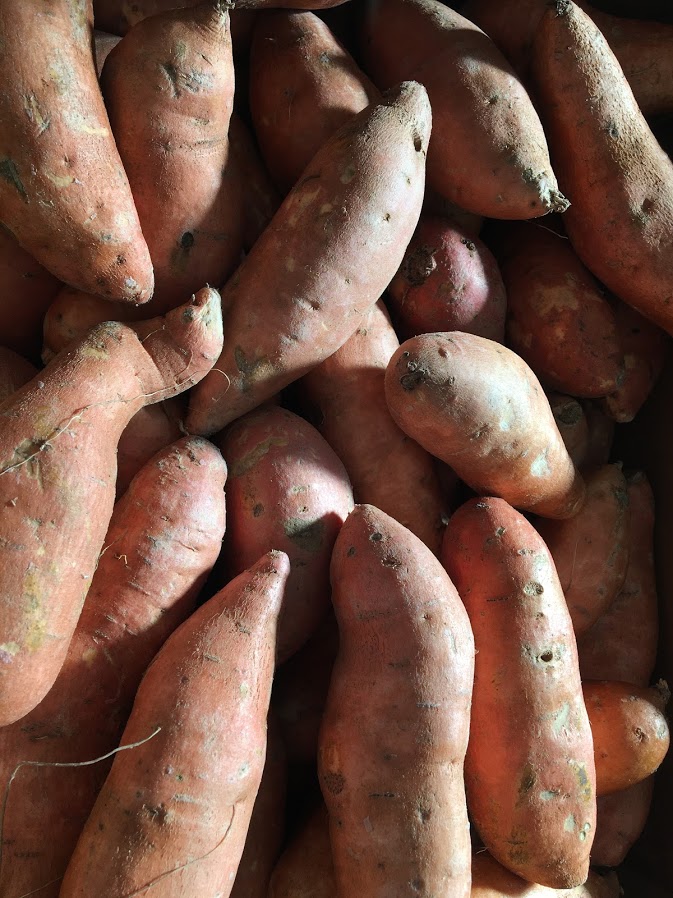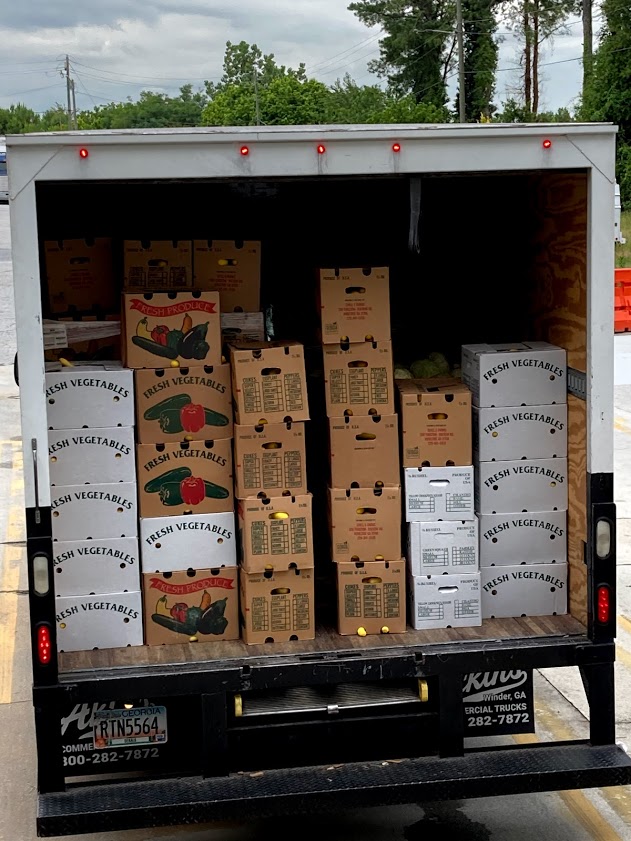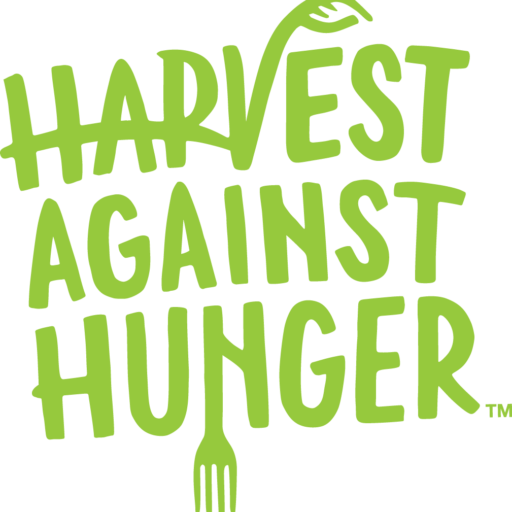
Produce Buyers Club How-To: Setting Up Vendor Invoicing Protocols
15 Apr 2021, by Admin in Harvest Blog, Concrete JungleLorie Bonham serves as a Harvest VISTA at Concrete Jungle in Atlanta, GA, coordinating volunteers and emerging programs. Since its founding in 2009, Concrete Jungle has rescued and redirected 117,583 pounds of produce (470,335 servings) to hunger relief organizations in Georgia. They credit their success to the vast networks of volunteers that harvest, pack, and distribute produce.
In late 2020, Concrete Jungle (CJ) launched the Produce Buyers Club to purchase culled produce from farms in South Georgia for distribution among hunger relief agencies in the Atlanta area. CJ works with the farmers to identify available discounted produce, then manages the buying and transportation of produce to the Atlanta State Farmers Market or delivered to agencies’ facilities. Members are billed for the produce and delivery after shipment.
CJ VISTA Lorie Bonham was tasked with invoicing the partner agencies for their portion of the produce. Because this is a new program for CJ, very little existed in the way of invoice protocol, structure, or recording. Lorie developed these components to ensure anyone creating invoices as part of the Produce Buyers Club could do so efficiently and consistently.
First, Lorie developed an invoice template using CJ logo, branding, and invoice standard components, including:
- Vendor information: logo, name, address, contact information, payment details
- Partner information: name, address, contact information, partner number, payment terms
- Invoice specific information: date, invoice number, item description, quantity, unit price, totals, shipping fees, total due
The template was developed in Excel/Google Sheets for easy number totaling and a consistent, professional look.
Next, Lorie developed a database to record and track two important data sets: Partner Information and Invoice Information. The Partner Information database includes partner numbers, names, addresses, and contact information. By keeping this data on record, repeat invoicing is clear and efficient. The Invoice Information includes the date of service, partner ID/name, invoice number, invoice total, and invoice date, as well as the payment due date and payment status. CJ can easily reference information for payment tracking and review partner activity over time by keeping track of this data.
This relatively simple database was developed in Excel/Google Sheets and is a quick and easy way to maintain good record keeping.
Finally, Lorie created two email templates to be easily customized per partner: An initial invoice email and an overdue invoice email. The initial invoice email template is used when emailing each invoice to the partner for the first time. It includes the invoice’s basic details for easy reference: invoice number, invoice total, item description, and due date. The overdue notice email template is used when reminding clients about past due invoices. It includes the same details as the invoice email template and asks partners when payment will be received. If an invoice remains unpaid, the next step would be to call the partner directly.
When used together, these three easy-to-use tools will help CJ keep the Produce Buyers Club partner and invoice data on track as this program continues to grow in 2021 and beyond!




